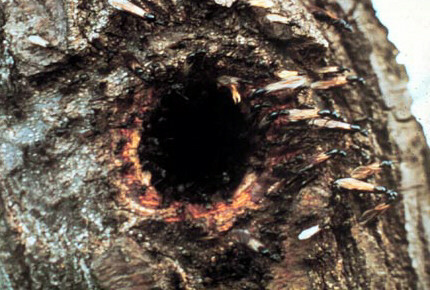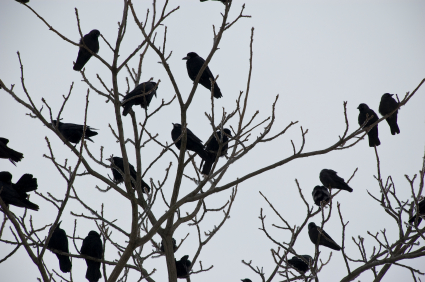O for a Thousand Tongues to Mutter
In “O For a Thousand Tongues to Mutter,” Jennifer Strange tracks traces of corruption—a fallen soldier’s body, a swarm of ravenous ants—in the “pale business” of our passage “in and out of life.”

In “O For a Thousand Tongues to Mutter,” Jennifer Strange tracks traces of corruption—a fallen soldier’s body, a swarm of ravenous ants—in the “pale business” of our passage “in and out of life.”

In Luci Shaw’s “Hate Invasion,” anxieties, like crows, “clot” and “colonize” the mind and heart of the poet, who longs for divine answers to earth’s evils.

That field behind the barn across the road, how it once perfected your desires in summer sun . . . To sit in that grass right now, would you offer up a poem? Let the eyes of orioles fund you— let the wind publish you on leaves? All right, draw one more sip of your […]
After resurrection, Jesus acted strange, materializing through solid wood, even though he didn’t look that different. The gashes seeped still, varnishing the tentative hand, the fingers that needed to know him new. Let me say how strange I feel, trusting this to be true—that a body can be both mortally wounded and whole enough to […]
In “Marrow,” Amy McCann finds something sinister in the supposed comfort and beauty of a late summer evening, the birds roosting at dusk “something to nerve to.”
D. S. Martin’s “Extrapolations” considers what lies beyond our immediate perceptions and wonders if unseen wonder lies beneath the surface of our landscapes.
A poem inspired by a photograph taken in Haiti, five days after the 2006 election of Rene Preval.
In this poem, Austin Alexis compares the recovery of a Haitian earthquake survivor to the beauty of a poem.
A poem by Timothy E. Bartel.